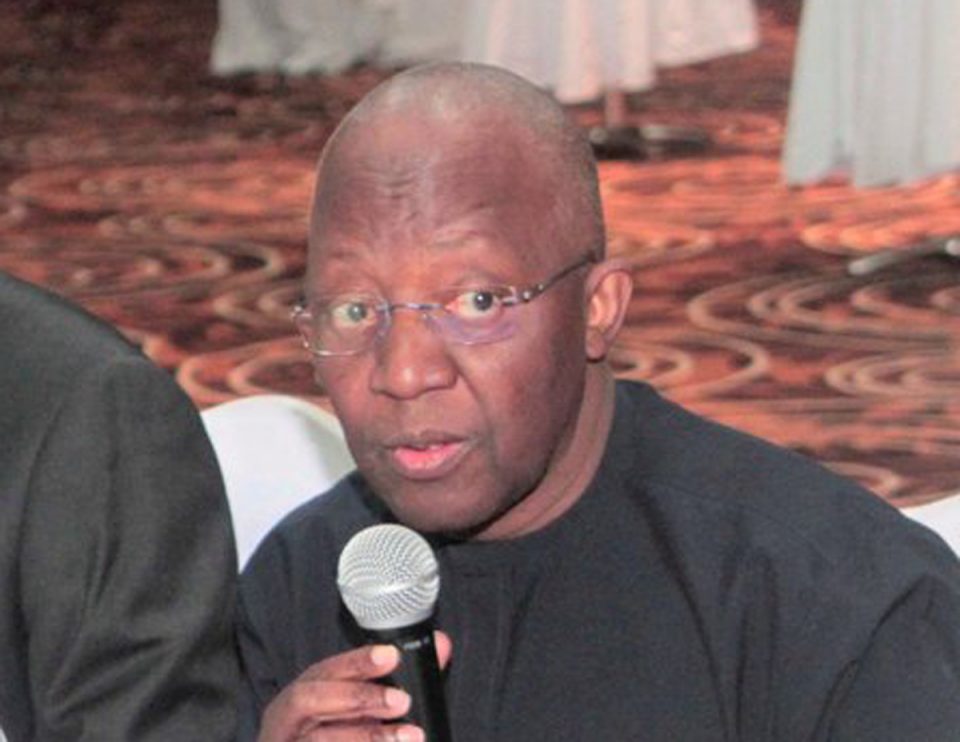The Nigerian Electricity Regulatory Commission (NERC) says it is collaborating with the Federal Competition and Consumer Protection Commission (FCCPC) on consumer protection.
The Chairman of NERC, Mr Sanusi Garba, said this in Abuja on Thursday at the signing of a Memorandum of Understanding (MoU) between the commission and FCCPC.
Garba said that NERC and FCCPC had been working together in the last two years to ensure consumer protection.
He said the signing of the MoU was to consolidate the area of cooperation between the two agencies so as not to have two regulators working against each other.
“There are merits in collaboration and there are merits in the synergy, and we have decided to collaborate for the same purpose, ‘’ Garba said.
He said the issue of consumer protection in the power sector was something that nobody in charge of either evaluating or regulating the policy could be in a comfortable position.
“Arising from infrastructure deficit and also the challenge of the metering gap, we have a challenge of making sure that consumers actually get the service.
“So, the work is not done yet. The MoU we are signing today is a very important step, whereby two government agencies charged with regulating different aspects of the nation are coming together to collaborate in terms of synergy and pulling their resources together.
“So, we are coming together to make sure we find a solution.
“I welcome you and look forward to a productive engagement as we work over the year to ensure that consumer protection is achieved,” he said.
On his part, the Executive Vice Chairman of FCCPC, Mr Babatunde Irukera, said that NERC and FCCPC had a history of collaboration and had been working together.
Irukera said the commission had been receiving more complaints, noting that the more they resolved them, the more they came.
He said the fact that people were complaining was an indication of the vibrant resolution mechanism and confidence in that mechanism.
”However, that is the good side, but the bad side is that we still continue to have repeated complaints about the same issue.”
According to him, this shows that there are some key structural modification needed on how the businesses operate and how the sector delivers its services.
“Those are things that are also included in the MoU; how we can collaborate to think through what materials and structural changes need to occur,” he said.




